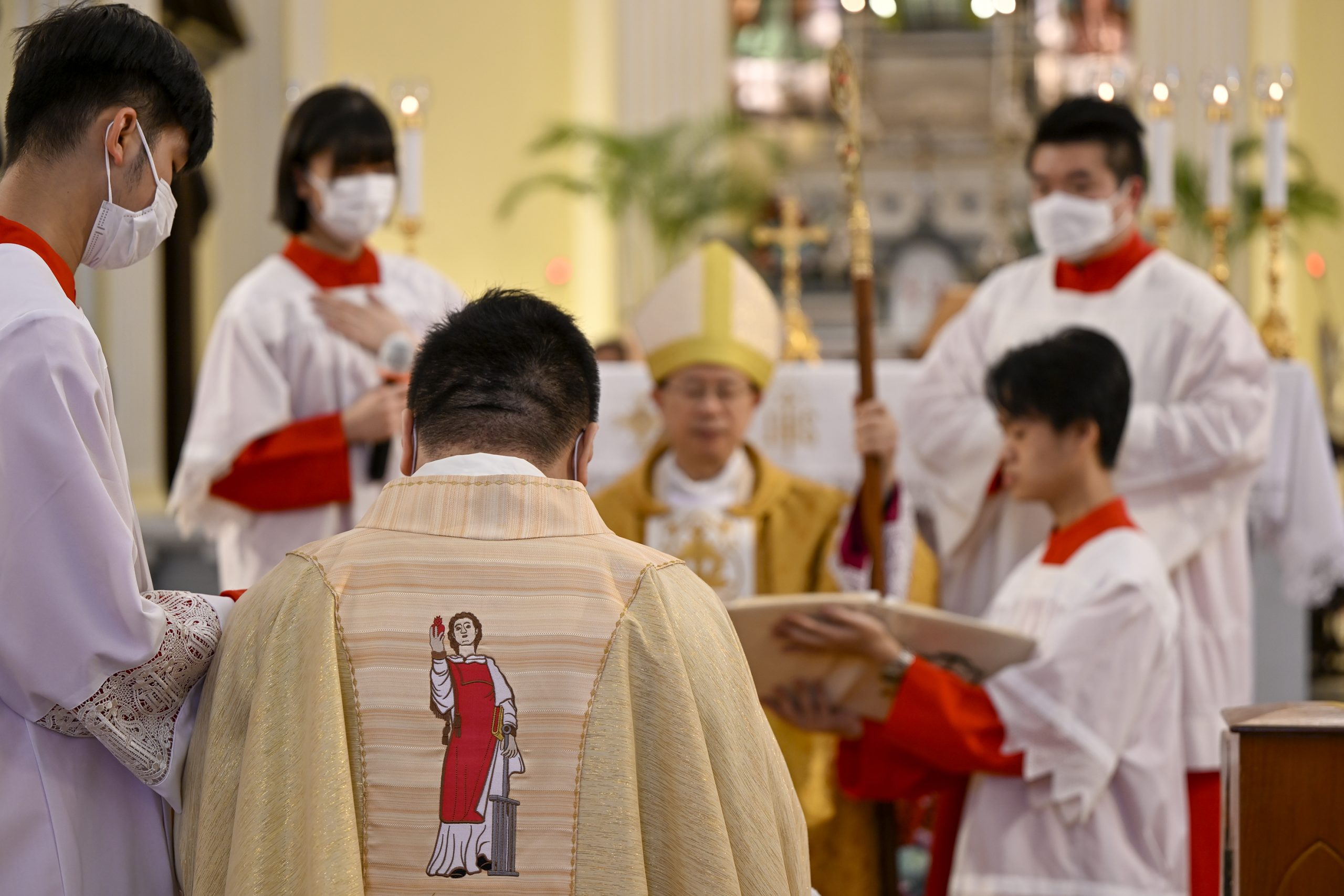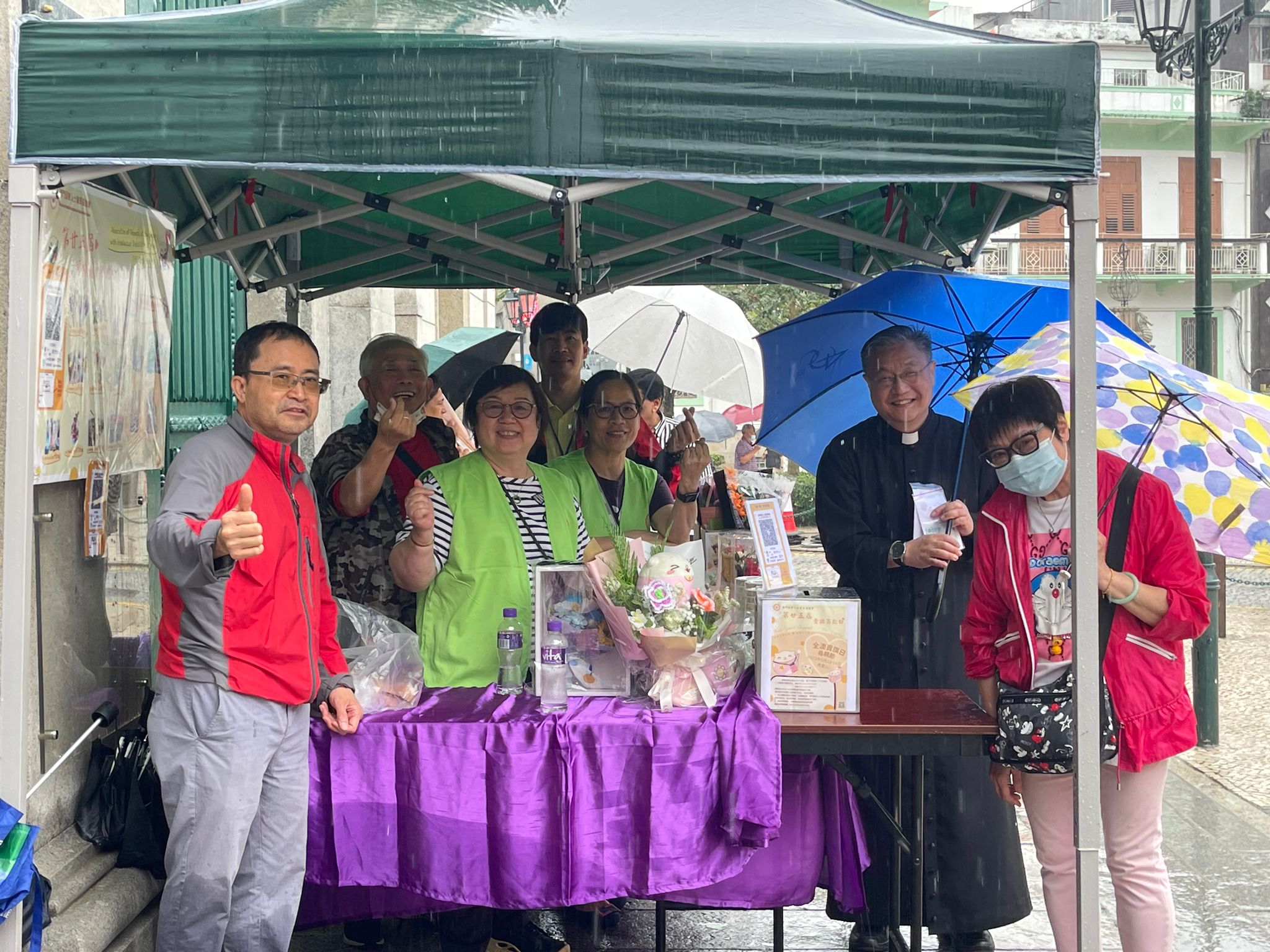The Call to Diocesan Priesthood
O Clarim Research Bureau
Diocesan priesthood is a vital aspect of the Catholic Church, serving as the backbone of its pastoral ministry. The word “diocese” comes from the Greek word “dioikesis,” which means “administration,” and refers to a geographical area that is overseen by a bishop. In the Catholic Church, dioceses are categorized according to their size, with larger ones often having more priests and resources.
The role of a diocesan priest is primarily to serve the spiritual needs of the people in his diocese. This includes celebrating Mass, administering the sacraments, providing pastoral counseling, and leading prayer services. Diocesan priests are also responsible for teaching the Catholic faith, providing guidance and support to parishioners, and nurturing the spiritual growth of the community.
To become a diocesan priest, one must first discern a calling to the priesthood and then enter a seminary for several years of formation and education. This includes studying theology, philosophy, and pastoral ministry, as well as nurturing his spiritual life of holiness and devotedness to God and living in community with other seminarians. After completing their studies and when the seminarians are deemed ready for the priesthood, they are ordained by a bishop to the diaconate and then to the priesthood. After their ordination, they are assigned to a parish or other ministry and needs within the diocese. Diocesan priests are typically assigned to a particular parish, where they serve as the spiritual leader and shepherd of the community. They provide pastoral care to parishioners, celebrate Mass, and administer the sacraments, such as baptism, confirmation, and marriage. They also offer guidance and support to those in need, including the sick, the elderly, and the bereaved.

In addition to their parish duties, diocesan priests often take on other roles within their diocese. For example, they may serve as chaplains to hospitals, schools, or prisons, or they may work in diocesan offices as administrators or educators. Some diocesan priests also serve as advisors to the bishop, helping to shape the policies and priorities of the diocese.
One of the unique aspects of diocesan priesthood is its focus on serving a particular geographical area and community. This allows diocesan priests to develop strong relationships with their parishioners and to become deeply involved in the life of their community. In some cases, diocesan priests may serve in a parish for many years, becoming a beloved and trusted member of the community.
However, this close relationship with the community can also bring challenges. Diocesan priests often work long hours and are on call 24/7 to respond to the needs of their parishioners. They may also face difficult pastoral situations, such as counseling those struggling with addiction or helping families cope with the loss of a loved one.
Despite these challenges, many men continue to answer the call to diocesan priesthood, feeling called to serve God and their community in this unique way. Through their dedication and service, diocesan priests play a vital role in the Catholic Church, helping to build up the Kingdom of God and bring the light of Christ to the world.


 Follow
Follow


